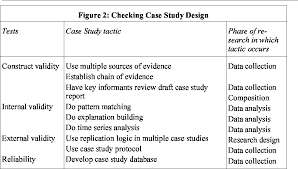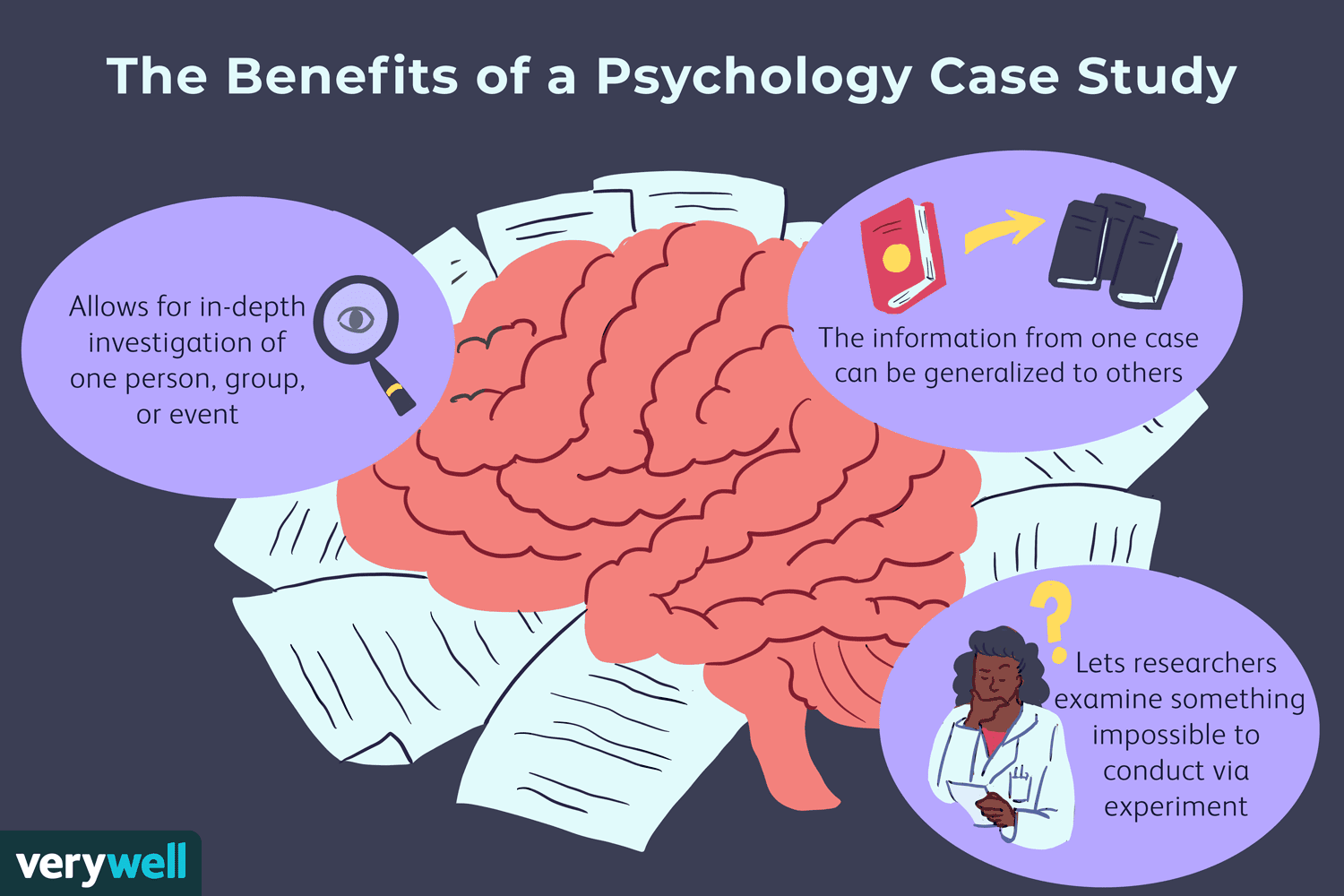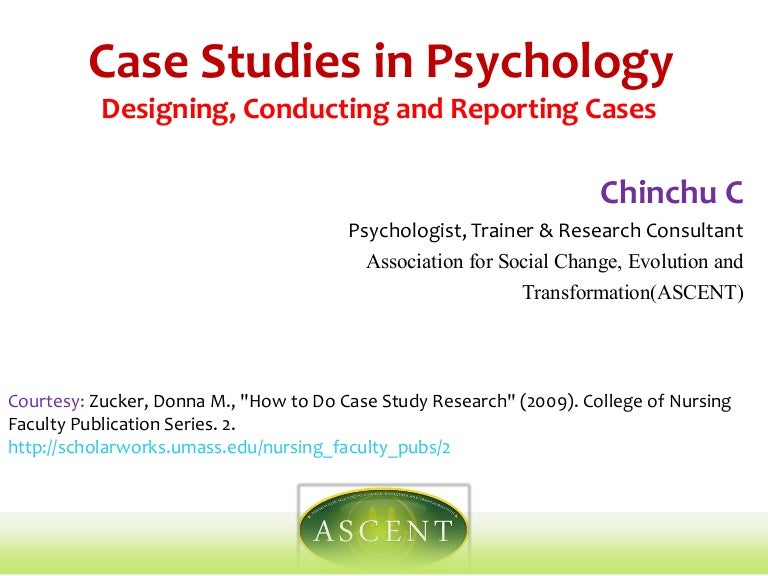If you’re thinking of using case studies to teach your business or class, you’ve come to the right place. These documents provide social proof that you can do what you say. Case studies are an excellent tool for lecturing or discussion-based classes. Case studies can also be used to sell a product or service. They help you make your case by providing social proof that your previous actions were indeed successful. So, how do you get started?
Case studies are used by businesses
Unlike traditional marketing materials, case studies can provide valuable insights into a business’s past success. They feature a specific example, often a specific business, to illustrate how a strategy or product has helped a previous customer. Business case studies are unique because they’re based on real events, and are much more credible than standard customer reviews. This type of information can help a company’s prospects gain insight into its products and services, as well as the industry in which it operates.
Case studies are particularly useful for demonstrating the value of a product or service. You should include all the facts, including the dollar amount, percentage increase, and other relevant facts. While case studies have historically been used in the sciences, they are also heavily used in the business world. As such, it is crucial that your case studies are easily accessible for prospective customers. Read on to learn about how case studies can benefit your business. And remember to share the best ones with your audience.
They can be used in lecture-based or discussion-based classes
In both discussion and lecture-based classes, case studies are useful for illustrating lecture material. A marketing instructor may use a case to explore a particular marketing issue. Large classes may be split into smaller groups or pairs. As with most student-led learning activities, case studies should be carefully prepared. Depending on the length of the case, the instructor may need to ask students to answer a number of questions in order to get a full understanding of the subject.
While using case studies in discussion-based classes, teachers should use appropriate questions to guide the discussion. Discussion questions should be relevant and probe the students for deeper analysis. A discussion leader should ask open-ended questions that prompt deep analysis and provide an avenue for the students to share their experiences. They should also be relevant to the subject matter of the class. If you plan to use case studies in a discussion-based class, be sure to use an example from another subject matter to create a deeper understanding of the topic.
They can be used to sell products or services
When used properly, case studies can be a powerful sales tool. By using the words of a real customer, you can demonstrate expertise in a particular field and familiarity with industry-specific needs. Customer case studies are particularly powerful in sales, since they show the customer’s perspective of your brand and highlight results. You don’t have to limit yourself to written text; you can also include images or videos.
Case studies are most effective if they tell a story. They should relate to the customer’s life situation and not solely focus on your company’s benefits. If your case study sounds like propaganda, the customer will lose focus. In contrast, a case study containing the story of one of your customers will be compelling to the reader and ultimately result in a sale. Here are some tips to create an effective case study:
They provide social proof that you’ve done what you say you’ve done
Social proof is nothing new, but it’s becoming more important in today’s world of digital connections. According to a recent survey, 81% of consumers research companies and products online before making a purchase. Positive reviews are a strong indicator of a company’s quality and performance, so a case study of your company or product is a powerful tool for building credibility.
When choosing your social proof material, you should always keep in mind what your audience wants to see. If you can demonstrate that your product or service has helped hundreds of people, that’s even better. However, you need to keep in mind that social proof has a psychological effect. While case studies provide social proof that you’ve done what you say you’ve done, a general testimonial from a happy customer won’t make a big difference in the minds of potential buyers.



